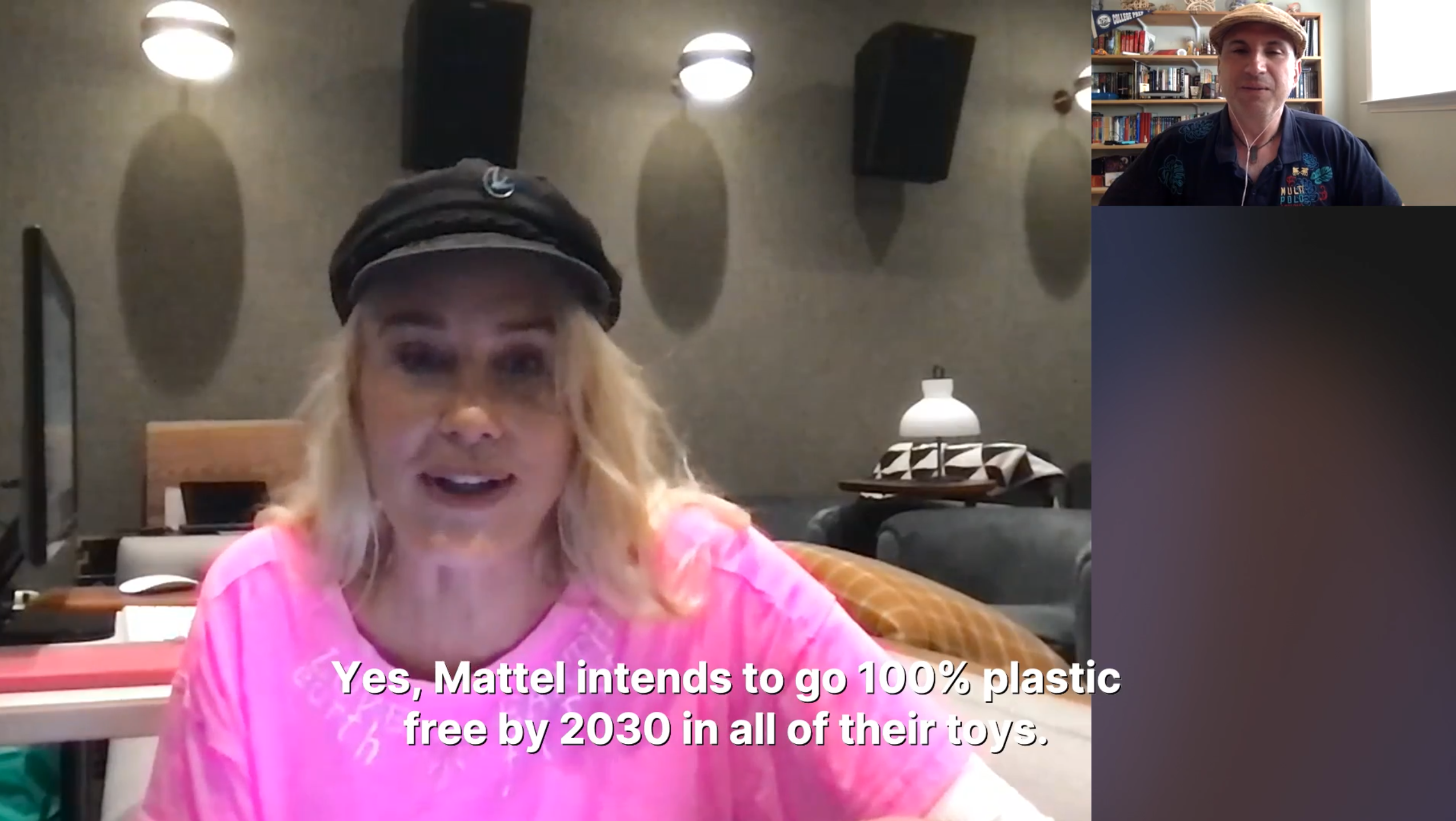Friend and activist Bonnie Tinker died on Thursday, July 2, 2009, in Blacksburg, Virginia, during the Friends General Conference Gathering. Bonnie, 61, was riding her bicycle on the Virginia Tech campus when a truck turned in front of her. She hit the truck and was then run over by it. She died at the scene.
Bonnie Tinker’s social and political work transcended boundaries. She was active not only in campaigns for gay and lesbian rights, but also in campaigns for peace and for battered women. Described by one writer for Portland Independent Media Center (PIMC) as a "rockin’ grandmother," she was an active member of Seriously P.O.’d Grannies, a group working to end the war in Iraq. She helped found a shelter for survivors of domestic violence and was the director of Love Makes a Family, a Portland-based nonprofit group that advocated for nontraditional families, including families with gay and lesbian parents.
Bonnie’s work for Love Makes a Family was personal as well as political. She and her partner, Sarah Graham, had three children together: Josh, Connie, and Alex. The family was featured on a 20/20 episode on ABC in 2001 that was focused on the children of gay and lesbian parents. Tinker was outraged when ABC edited footage of her family so that it appeared that Josh and Connie, who are African American, were not the siblings of Alex, who is white. She declared in an open letter to all Friends, "Love Makes a Family is not a white organization. In this community, we are all members of a transracial family. Don’t ever let anybody forget it." In later broadcasts of the episode, ABC added a segment to explain that Alex, Josh, and Connie were part of the same family.
Bonnie’s activism started at a young age. When she was 20, her two younger siblings were suspended for wearing black armbands to school in protest of the Vietnam War. She was active in the lawsuit against the school district, which became Tinker v. Des Moines, an influential case that established that high school students retain the right to free speech when in school.
Bonnie’s activism led to her arrest for disorderly conduct on more than one occasion. "Remember when the [army recruitment] office was decked out in handprints of blood?" reminisces one PIMC writer fondly, referring to part of Tinker’s campaign to ban army recruiters from Portland’s public schools. Fellow activist Susie Shepard told The Oregonian, "If there was a demonstration and something she could get arrested about, she was there. Bonnie never knew a sideline to sit on. She only knew sidelines as something to step over, pulling someone with her, to do something about injustice. That was an absolutely righteous part of her."
Bonnie’s determination was as evident in her spiritual work as it was in her political. Friend Timothy Travis describes her influence on his spiritual practice on his blog "One Quaker Take," saying, "Bonnie Tinker taught me a different take on ‘holding in the Light.’ Rather than comforting arms it was like ‘Get your butt into that Light. You and I both know you need to be changed in this regard and I’m going to stand here and make sure you stay there until the dross is burned off.’"
Although Bonnie’s work could be bold and aggressive, many say that what was most notable about her approach to a conflict was her ability gently to convince her opponents of her point of view. Friends General Conference’s general secretary, Bruce Birchard, told The Collegiate Times the story of how Bonnie would debate opponents of gay marriage, saying, "She went on a radio talk show with a person who was virulently opposed to such unions and she was able to engage him. Not by fighting with him, but by opening up and listening to his personal truths."
At the time of her death, Bonnie was leading a Gathering workshop on ways of establishing common ground with those with whom we disagree. She titled the workshop "Opening Hearts and Minds: Speak Peace" and wrote in its description, "Through opening our own hearts and minds we create the possibility that others will open to us, revealing the common ground we share. This unilateral verbal disarmament technique is useful in contentious political dialogues and also in personal relationships."


